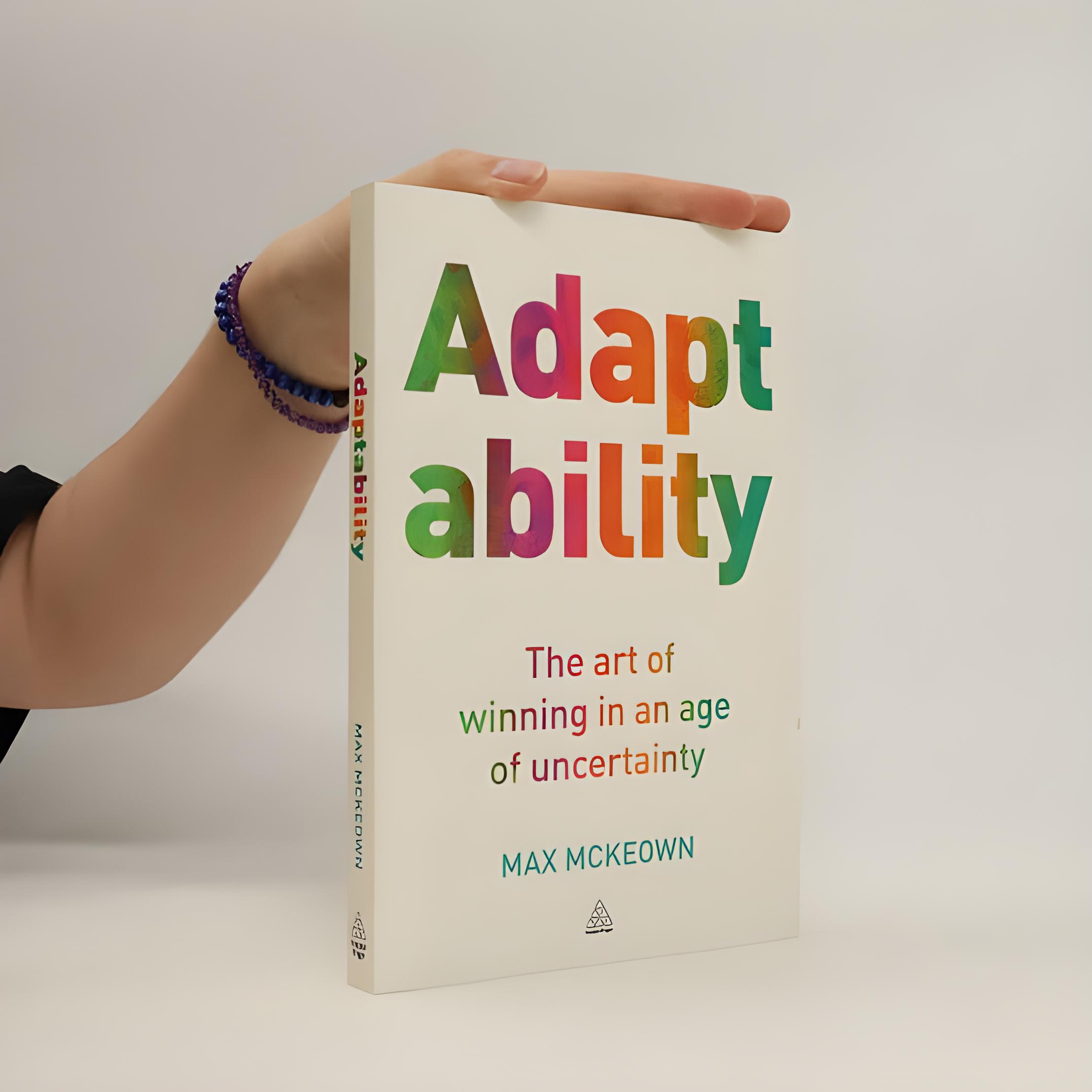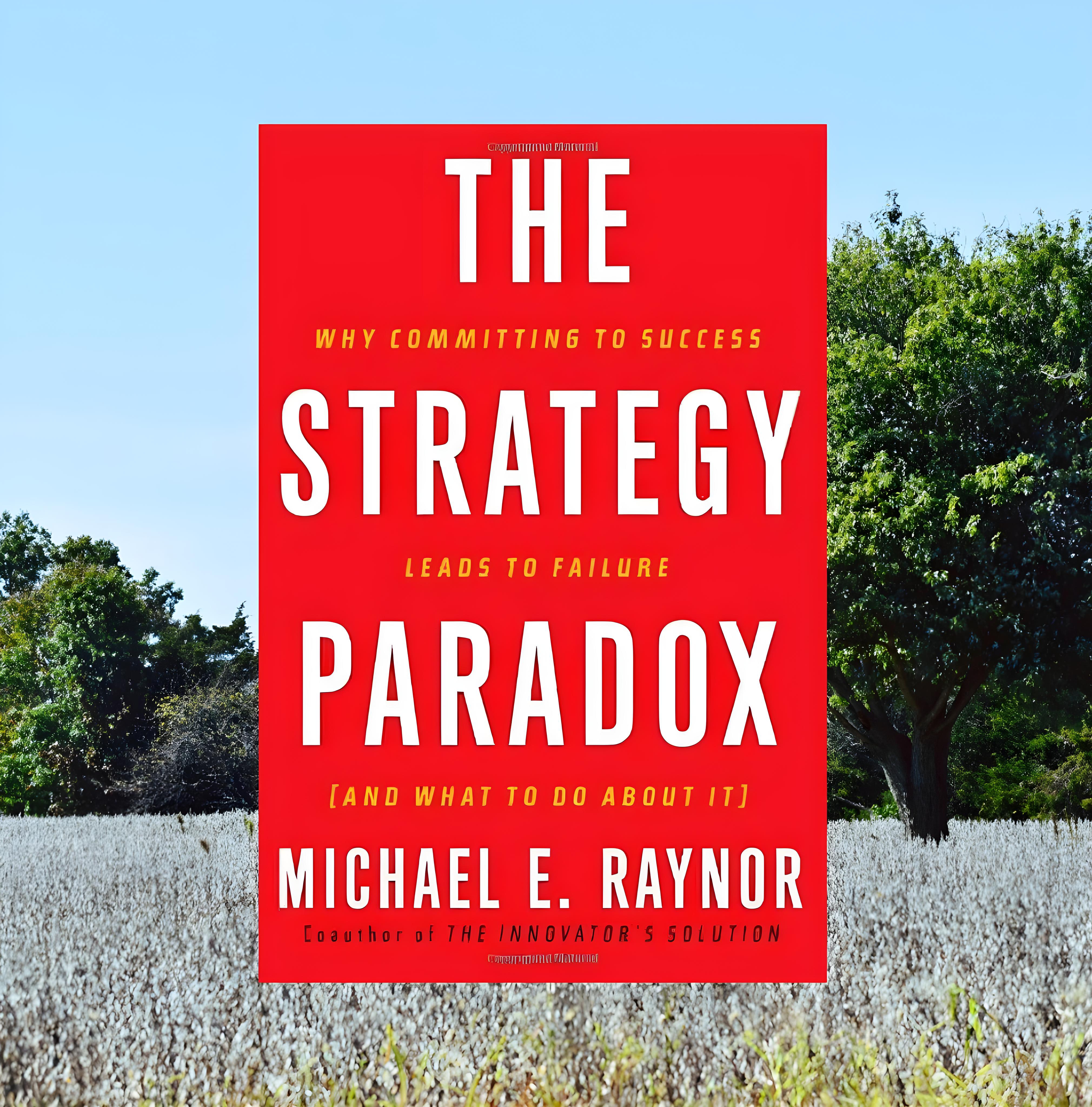Back
SHIV DIXIT
CHAIRMAN - BITEX IND... • 1y
📖 DAILY BOOK SUMMARIES 📖 🔗 DIRECT FREE E-BOOK DOWNLOAD LINK AVAILABLE — https://drive.google.com/file/d/1XfwwZfSG6euVSypoZhNTseSD4EZNgeju/view?usp=drivesdk 🔥 Adaptability : Winning Uncertainty 🔥 🚀 20 Lessons By 👉 ✨ Max McKeown ✨ 1. Adaptability as a Core Skill: • Emphasizes that adaptability is essential for personal and professional success in changing environments. 2. Difference Between Flexibility and Adaptability: • Flexibility involves bending without breaking; adaptability involves evolving to meet new challenges. 3. Adaptive Intelligence: • Using creativity and practical thinking to solve new and unforeseen problems effectively. 4. Proactive vs. Reactive Adaptation: • Successful individuals and organizations anticipate change and prepare proactively rather than just responding reactively. 5. Embracing Change: • Viewing change as an opportunity for growth rather than a threat helps drive innovation and resilience. 6. Experimentation and Learning: • Encourages trying new approaches, learning from outcomes, and iterating as a path to improvement. 7. Mindset Shifts: • Cultivating an open-minded and curious approach to foster adaptability in various situations. 8. Breaking Habits: • Recognizing and challenging routines or mindsets that inhibit growth and adaptability. 9. Adaptation Requires Action: • Adaptability is not just about thinking but involves taking actionable steps to pivot when necessary. 10. Collaboration and Diverse Perspectives: • Leveraging different viewpoints and skills within teams to enhance adaptive thinking. 11. Strategic Adaptation: • Adapting strategies without losing sight of long-term goals helps maintain alignment amid changing conditions. 12. Resilience in the Face of Setbacks: • Building resilience to recover and adjust after failures or challenges. 13. Continuous Skill Development: • Investing in learning and development to stay adaptable to new tools, technologies, and methods. 14. Adaptation in Leadership: • Adaptive leaders inspire and guide teams through change by modeling flexible behavior and thinking. 15. Customer-Centric Adaptation: • Organizations that adapt based on customer feedback and needs are more successful. 16. Balancing Stability and Change: • Striking the right balance between maintaining core values and adapting processes as needed. 17. Innovative Thinking for Adaptation: • Encouraging brainstorming and creative solutions to push boundaries and adapt effectively. 18. Decision-Making Under Uncertainty: • Strengthening the ability to make informed decisions even when complete information isn’t available. 19. Adapting to Technological Advances: • Keeping pace with technology to remain competitive in a rapidly evolving landscape. 20. Adaptability as a Culture: • Building an adaptive culture within organizations where change is embraced and supported by all levels.

Replies (42)
More like this
Recommendations from Medial
Vivek Joshi
Director & CEO @ Exc... • 9m
Dive into the essence of successful leadership with our latest video! Discover the power of Visionary Leadership through the eyes of Elon Musk and learn why a clear and compelling vision is crucial. Explore Resilience & Adaptability, as demonstrated
See MoreAsutosh Behera
Botany meets Brains,... • 6m
Every plant seed is a startup. Most seeds never make it past germination. But a few survive the odds, grow their roots and rewrite the entire landscape. In business as well as in forest survival is not just luck, but it is adaptation resilience and t
See MoreVedant SD
Finance Geek | Conte... • 1y
Day 67: The Art of Pivoting: Adapting and Thriving in Bengaluru's Startup Ecosystem Pivoting is a common occurrence in the startup world. It's about adapting your business model or product to align with changing market conditions, customer needs, or
See MoreVansh Khandelwal
Full Stack Web Devel... • 27d
Small language models (SLMs) are compact NLP models optimized for edge devices (smartphones, IoT, embedded systems). With fewer parameters they enable faster, low‑latency on‑device inference, improving privacy by avoiding cloud transfers, reducing en
See MoreKshitij Pal Singh Tomar
。◕‿◕。 • 1y
AI-powered platform that acts as a personalized habit formation and behavioral change assistant. By combining behavioral psychology, AI-driven insights, and habit-tracking tools, it helps users achieve their goals by transforming their micro-habits,
See MoreDownload the medial app to read full posts, comements and news.















/entrackr/media/post_attachments/wp-content/uploads/2021/08/Accel-1.jpg)




















